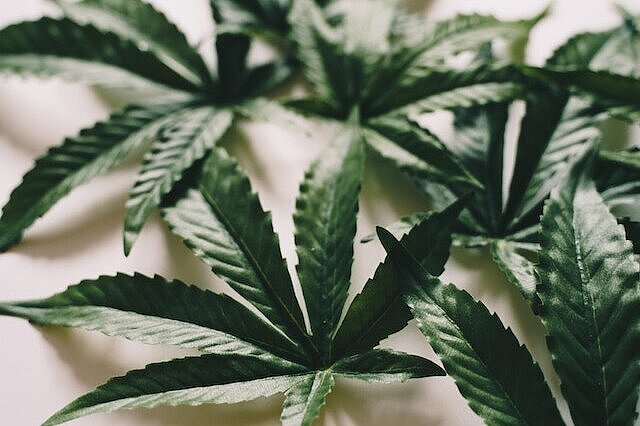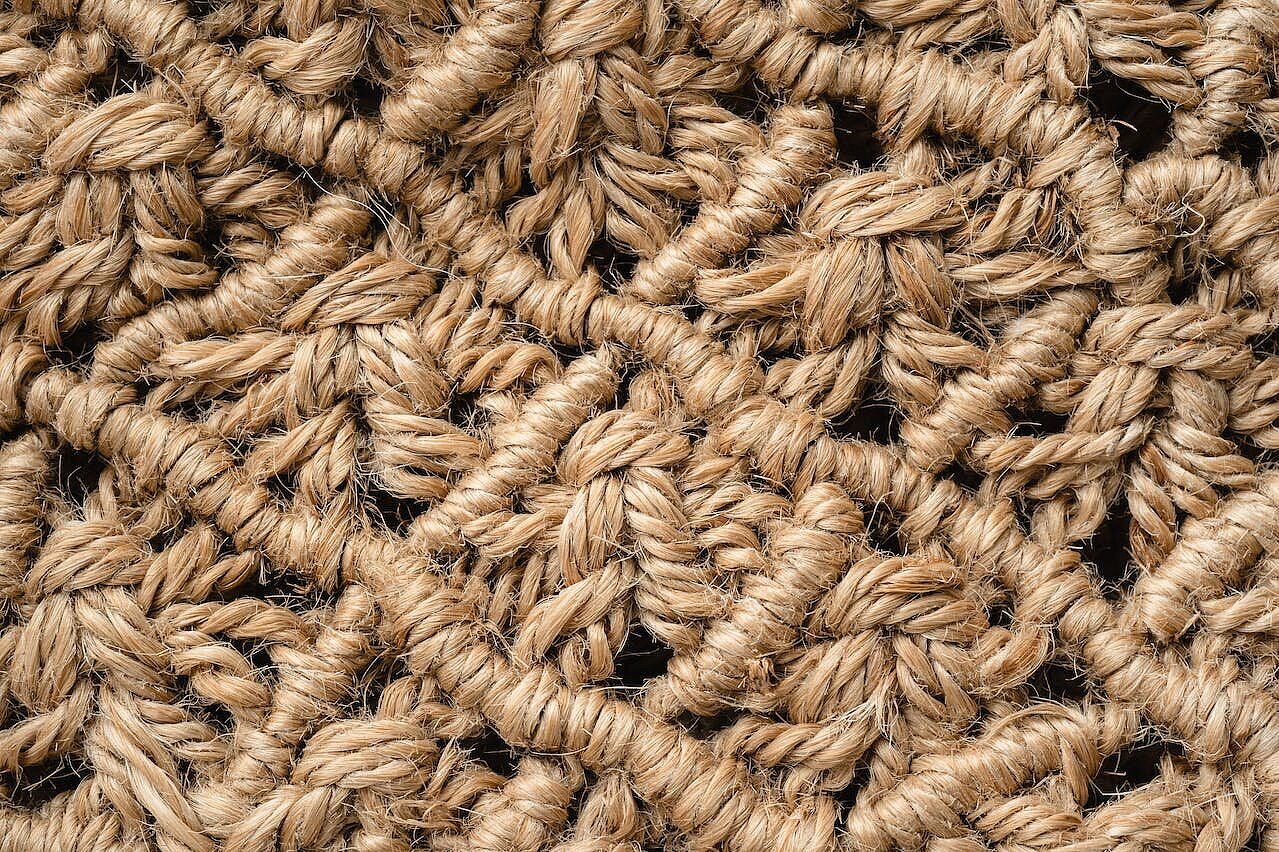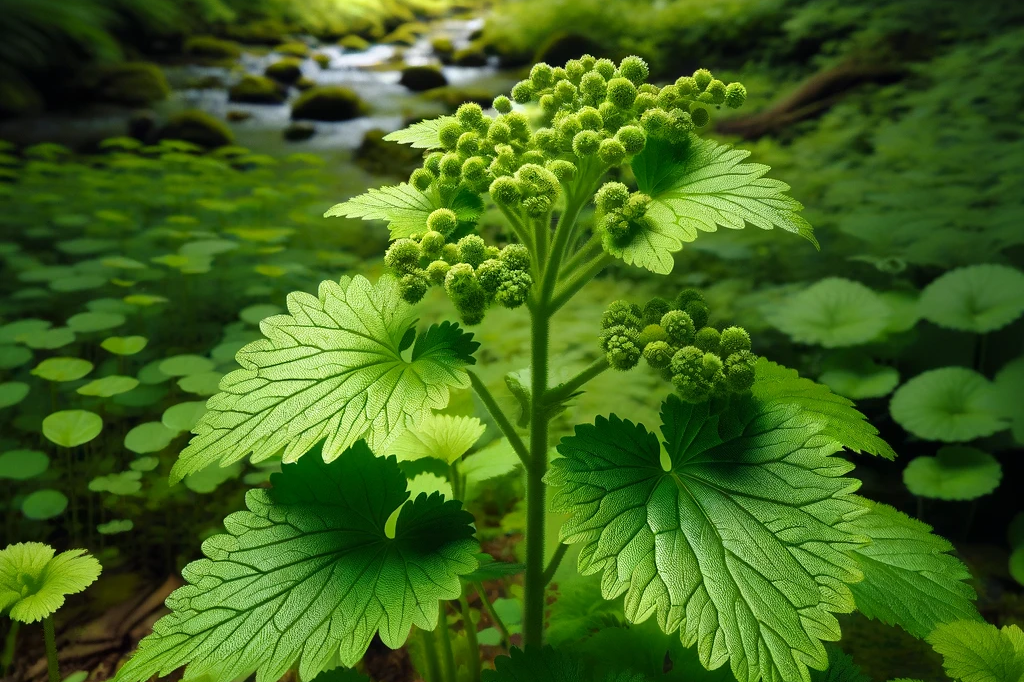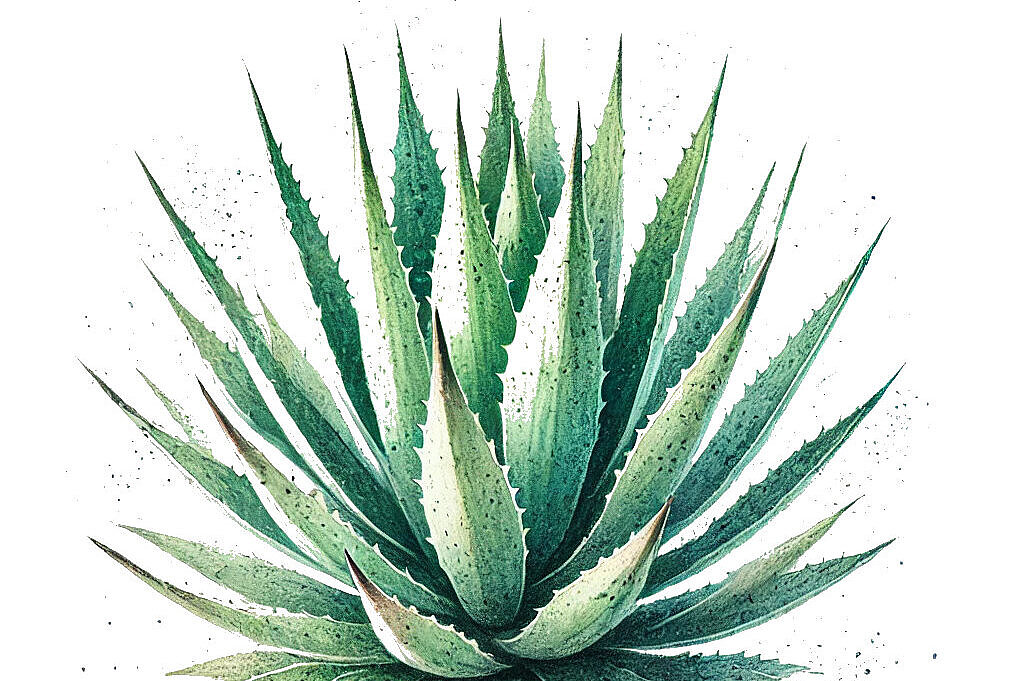Flax

What is flax?
Linseed (Linum usitatissimum) is an annual plant from the flax family. It grows up to one meter high and has narrow, lanceolate leaves. The flowers are usually blue, sometimes white or pink. Small capsules containing the linseed develop from the flowers. These are brown or yellowish in color and have a smooth surface.
Linseeds are rich in vegetable oils, especially omega-3 fatty acids. These are important for the health of the skin, coat, heart and brain. Flaxseed also contains fiber, which aids digestion and increases the feeling of satiety. Linseed is also high in lignans, which have an antioxidant and hormone-regulating effect.
Benefits of flax for dogs
Flax can have various benefits for dogs depending on how it is fed. Here are some of them:
- Linseed oil: the oil from flax seeds is a good source of omega-3 fatty acids, which have anti-inflammatory effects and boost the immune system. Linseed oil can help dogs with dry skin, dandruff or itching, make the coat shinier and smoother and support heart health. Linseed oil should always be stored fresh and cool, as it quickly turns rancid.
- Crushed linseed: If you crush or grind the linseed before feeding, you can improve the absorption of nutrients. Ground linseed has a high fiber content, which stimulates intestinal activity and can prevent constipation. They can also help to stabilize blood sugar levels and lower cholesterol. Ground linseed should always be prepared fresh, otherwise it loses its effect.
- Whole linseeds: Whole linseeds can act as a natural intestinal plug if your dog has diarrhea. They swell up in the stomach and bind excess fluid. They can also absorb and excrete harmful substances from the intestines. Whole linseeds should always be fed with plenty of water so that they do not get stuck in the throat or cause an intestinal blockage.
Disadvantages of flax for dogs
While flax is a healthy food for dogs, it does have some disadvantages that you should be aware of. Here are some of them:
- Allergies: some dogs can have an allergic reaction to flax, especially when they first get it. Symptoms can include a rash, itching, difficulty breathing or vomiting. If you want to give your dog flax, you should first test it in small quantities and watch for its reaction.
- Blood clotting: Flax can affect blood clotting by inhibiting the action of platelets. This can be problematic in dogs with blood clotting disorders or before an operation. If your dog is taking medication that affects blood clotting, you should not feed it flax.
Flax (Linum usitatissimum) is a plant whose seeds are rich in omega-3 fatty acids, fiber and lignans. Flax can have various benefits for dogs, such as supporting skin and coat health, improving digestion and promoting heart health. The method of preparation (linseed oil, crushed flaxseed or whole flaxseed) will influence the effect on the dog. However, it is important to note that some dogs may be allergic to flax, and flax can affect blood clotting, which can be problematic with certain health conditions or medications.
If you notice any signs of hypersensitivity or poisoning in your dog, you should see your vet immediately. We are not a substitute for a vet, but we try to be as accurate as possible. Every dog reacts differently and we recommend you get a second opinion or consult your vet if in doubt.
Stay healthy and take good care of your four-legged friend!😊
Similar to Flax
Hemp is a species of the plant Cannabis sativa, which is mainly cultivated for its fibers, seeds and oils. Hemp contains only very small amounts of tetrahydrocannabinol (THC), the psychoactive...
Jute is very robust, bite-proof and tear-resistant. It is therefore ideal for chews, tugs or bags that encourage dogs to chew and fetch.Jute is hypoallergenic and free from chemical additives. It...
Before we discuss the specific advantages and disadvantages of ramie in the context of dog care and nutrition, it is important to understand what ramie actually is. Ramie, also known as Chinese...
The sisal agave (Agave sisalana) is a robust plant that mainly thrives in arid to semi-arid regions. Originally from Mexico, it is now cultivated worldwide in tropical and subtropical regions. It is...



